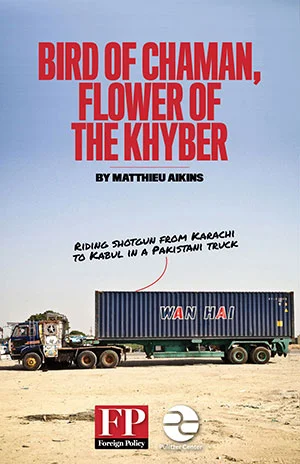If you've ever visited my website before, you'll notice some dramatic design changes, not least from black to white. While I was proud of the site I had hand-coded back in 2006 by patching together primitive bits of HTML, CSS, and Java (a moment that represents the peak of my programming skills), I was missing out on minor developments like social media and blogging that had become ubiquitous in the meantime.
So, taking advantage of an enforced Eid-related stopover in Delhi, I've put together this new site. It was a relatively painless process thanks to the hosting service, Squarespace, which I can heartily recommend. Please come on in and kick the tires. (A quick note on posts that had been up on my old site: I've reposted them with their old timestamps, exactly as they were published, with the exception of new titles.)
You may also notice that I haven't posted any updates since April 3, precisely the sort of laggardly behavior I'm hoping to avoid with Squarespace's slick new interface. A lot has happened since then. Firstly, I lost the National Magazine Awards to Lawrence Wright (which I feel is an accomplishment in itself.) Secondly, I published two articles, both on the intersection of digital security, government surveillance, and journalism, an area that has increasingly fascinated me.
The first, in the June issue of Wired magazine, is entitled 'Jamming Tripoli' and it tells the story of dictator Moammar Gadhafi's secret Internet surveillance empire, and of the activists his regime targeted. The article reveals that, with the assistance of Western technology companies, Gadhafi's spies were able to assemble a system capable of monitoring nearly all email and Internet traffic within the country. It's part of a disturbing new technological frontier of increasing government surveillance.
The second, in Columbia Journalism Review, is about two incidents--one in Libya and one in Syria--where journalists put their sources in serious jeopardy after being compromised by regime spies as a result of lax digital security. It's a wake-up call to journalists who find all these debates about technology rather abstract (i.e. almost all the journalists I've encountered.)
The last update is that I've moved to Kabul full-time, where I expect to spend the next few years covering the drawdown of the international military and development project in Afghanistan. I'm also going to be exploring the region as much as I can. Just these last couple months I've been traveling around Pakistan and India, working on some stories that--I hope--you'll get to see on this very website.
Thanks, and if you have any comments on the design of the website, I'd love to hear them.
MA



